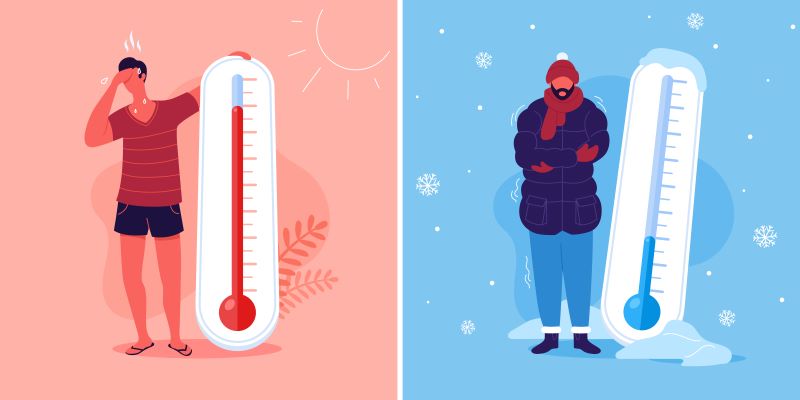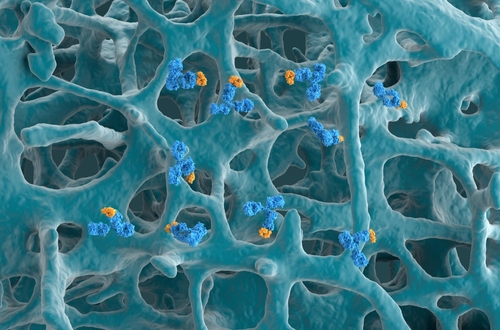
A recent study suggests that extreme temperatures could significantly increase the risk of asthma and asthma attacks.
Azhu Han, of Sun Yat-sen University in China, and colleagues conducted the research to “estimate the impacts of extreme heat, extreme cold, and temperature variations on asthma by systematically summarizing the existing studies from epidemiological evidence to biological plausibility.”
They performed the study because “there is rapidly growing evidence indicating that extreme temperature is a crucial trigger and potential activator of asthma; however, the effects of extreme temperature on asthma are inconsistently reported and its potential mechanisms remain undefined,” the study’s authors wrote.
The researchers conducted a search in PubMed, Embase, and Web of Science to identify potentially relevant studies published through June 30, 2022. They identified 12,435 records, including 111 eligible studies used in the qualitative synthesis, and 37 articles used in the meta-analysis. Of the 37 articles included in the meta-analysis, 20 were on extreme heat, 16 were on extreme cold, and 15 were on temperature variations.
The pooled relative risk for asthma attacks in extreme heat was 1.07 (95% CI, 1.03-1.12). Asthma attacks were associated with both heat (relative risk, 1.0638) and heatwaves (relative risk, 1.1956).
The pooled relative risk for asthma attacks in extreme cold was 1.20 (95% CI, 1.12-1.29), and extreme cold exposures were associated with a 19.77% increased risk of asthma.
The data showed “both extreme cold and heat significantly increase daily asthma attacks, but cold conditions affect the daily hospital visits for asthma more than heat conditions.” The researchers noted that while the “effects of extreme heat on hospital visits showed a short-term lag effect, [which] appeared to be relatively acute and lasted for a week,” the “extreme cold effect” led to a “long-term lag” that lasted 3 to 30 days.
“For epidemiological evidence, we found that the synergistic effects of extreme temperatures, indoor/outdoor environments, and individual vulnerabilities are important triggers for asthma attacks, especially when there is extreme heat or cold,” the study’s authors wrote.
The researchers suggested a potential mechanism for the associations between extreme temperatures and asthma.
“The temperature and proinflammatory associations are U-shaped, and both extreme heat and cold not only enhance the susceptibility to viruses and allergens, but also reduce lung function and immunity,” they wrote. “For asthma, the most persuasive current hypothesis is that the [transient receptor potential] channels are the sensors that provide vital information on environmental temperature, and thereby quickly react to both noxious heat and cold involved in temperature-induced airway symptoms.”
The authors concluded that “both extreme heat and cold could significantly increase the risk of asthma,” noting the importance of protecting “sensitive individuals from impacts of extreme weather events and climate change.”
Han A, Deng S, Yu J, Zhang Y, Jalaludin B, Huang C. Asthma triggered by extreme temperatures: from epidemiological evidence to biological plausibility. Environ Res. 2022;216(Pt 2):114489. doi:10.1016/j.envres.2022.114489







 © 2025 Mashup Media, LLC, a Formedics Property. All Rights Reserved.
© 2025 Mashup Media, LLC, a Formedics Property. All Rights Reserved.